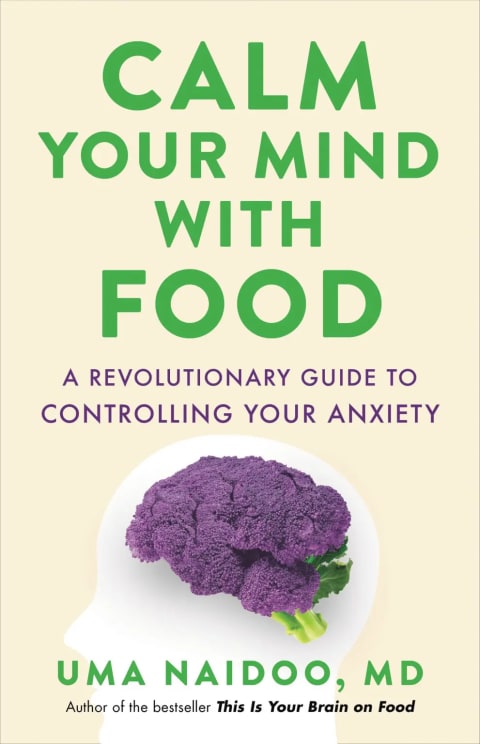I'm A Nutritional Psychiatrist: The Brain-Healthy Drink I Sip Every Morning
And I recommend it to everyone.

Advertisement
This ad is displayed using third party content and we do not control its accessibility features.

Psychiatrist and Nutritional Expert
Psychiatrist and Nutritional Expert
Dr. Uma Naidoo is a Harvard-trained nutritional psychiatrist, nutritional biologist, professional chef, and author of the upcoming title, "Calm Your Mind With Food," which is now available for preorder, as well as the international bestseller, "This Is Your Brain on Food (An Indispensible Guide to the Surprising Foods that Fight Depression, Anxiety, PTSD, OCD, ADHD, and More)." She is currently the Founder and Director of Nutritional and Lifestyle Psychiatry at Massachusetts General Hospital (MGH), the first US clinic of its kind where she consults on nutritional interventions for the psychiatrically and medically ill.
Image by Boris Jovanovic / Stocksy August 07, 2024 We carefully vet all products and services featured on mindbodygreen using our Our selections are never influenced by the commissions earned from our links. Steep, stir, sip. Repeat. Tea and its preparation may seem mundane, but as a nutritional psychiatrist and tea lover myself, the beverage means so much to me. If I could describe the essence of tea making, I'd borrow a page from my roots in Africa and use the word itutu—a Yoruba phrase that denotes a particular approach to life: unhurried, assured, cool, calm. During my mornings, after I wake up, do my morning meditation, and sit down to sip my cup of my grandmother's golden chai turmeric, that is exactly how I feel—with itutu. Drinking tea is a tradition that I shared with my beloved late grandmother since childhood. It helps me ground myself, set my intentions for the day, and start off with the right mindset. 
How tea taps into two nutritional psychiatry principles: body intelligence and mindfulness
The right foods are certainly beneficial for the brain due to their array of rich micronutrient and macronutrient profiles. However, equally important is the mindset in which we approach food, eating, and nourishment.
Eating mindfully means using your physical and emotional senses to experience your food, giving gratitude for your meals, and reflecting on your food choices to understand your underlying food motivations. This can empower you to make positive changes in your diet.
The soothing art of preparing tea and slowly sipping it can promote mindfulness and help you tune in to your body's intelligence.
Adopting a ritual of preparing and sipping on a concoction that is simple and nourishing can encourage the cultivation of a calm, reflective outlook toward your eating choices and, more broadly, to life.
Beyond that, teas are also packed with brain-healthy nutrients
Teas provide many neuroprotective benefits through a diverse array of micronutrients, antioxidants, and, incidental but vitally important, hydration!
Different teas can boost the mind with a variety of unique nutrients. Sipping on these soothing beverages can also help promote relaxation and improve sleep quality, both of which are essential for managing mental health and—as I write about in my upcoming book, Calm Your Mind With Food—also help with anxiety.
Here are some of my favorite teas and their associated neuroprotective benefits:

 JimMin
JimMin 

































